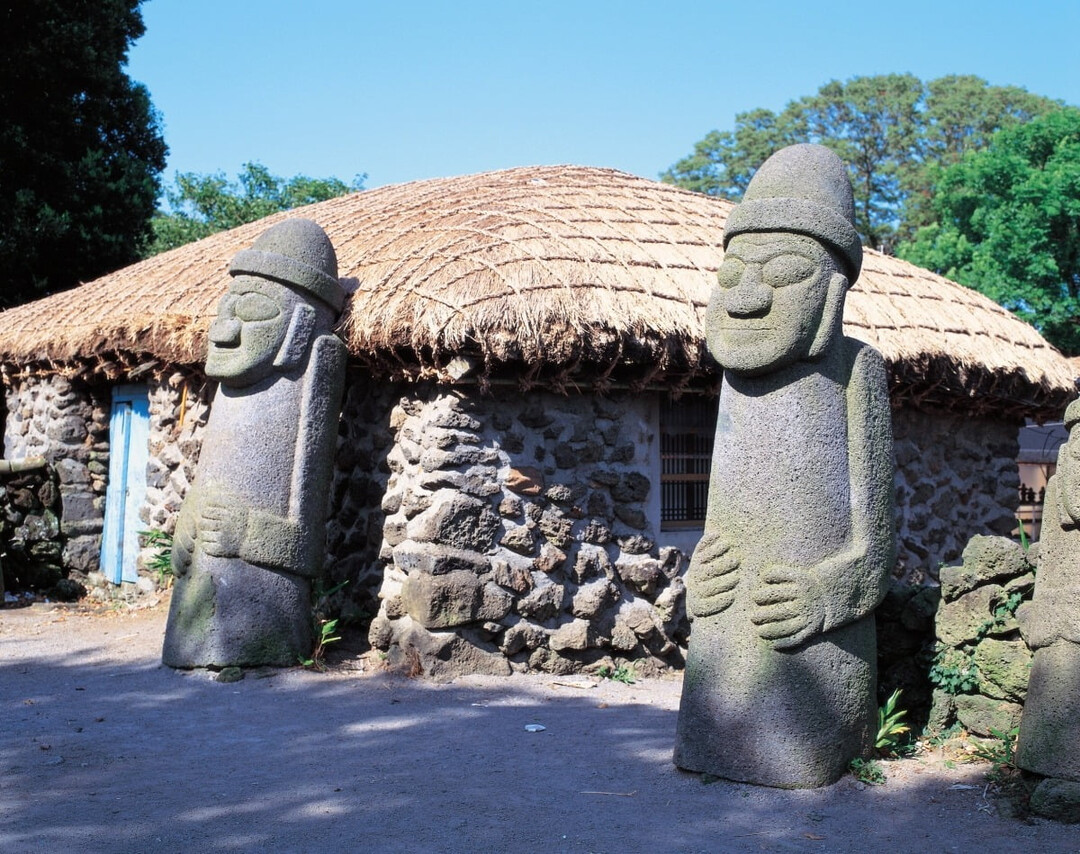
Jeju Island, South Korea - Jeju Island, once a popular tourist destination and real estate hot spot, is now grappling with a series of challenges that have significantly impacted its economy. A combination of overtourism, climate change, and the aftermath of the COVID-19 pandemic has led to a decline in tourism, a slump in the real estate market, and a decrease in agricultural productivity.
Real Estate Market Slump
The island's once-booming real estate market has experienced a significant downturn. Apartments that were once highly sought after are now sitting vacant, with prices dropping dramatically. For instance, an apartment complex in Andeok-myeon, which was once priced at 400 million won ($298,000), is now being sold for as low as 250 million won ($186,000).
The oversupply of housing is largely attributed to the influx of investors during the COVID-19 pandemic, who anticipated continued growth in the tourism industry. However, with the lifting of travel restrictions and the global economic slowdown, the demand for vacation homes on Jeju has dwindled.
Tourism Industry Takes a Hit
Jeju's tourism industry, which was once a major driver of the local economy, is also facing challenges. The island's iconic shopping street, Cheilseongno, has seen a significant decline in foot traffic and an increase in vacant storefronts. Business owners report a sharp decrease in sales compared to the pre-pandemic period.
Factors contributing to the decline in tourism include rising living costs, overtourism, and a lack of unique attractions. Additionally, the global economic downturn and the increasing popularity of domestic travel destinations have further impacted the island's tourism industry.
Climate Change Exacerbates Problems
Climate change is also posing a significant threat to Jeju's economy. The island has experienced extreme weather events, such as droughts and typhoons, which have severely damaged agricultural crops and infrastructure. These events have led to a decline in agricultural production and have made it difficult for farmers to make a living.
Experts Weigh In
Experts attribute the current economic challenges facing Jeju to a combination of factors, including overinvestment during the COVID-19 pandemic, climate change, and changing consumer preferences. They warn that the island's economy may take several years to recover.
To address these challenges, local officials and industry experts are calling for a more sustainable approach to development. This includes diversifying the economy, investing in renewable energy, and promoting eco-tourism. Additionally, there is a need to better manage the island's resources and protect its natural environment.
The future of Jeju Island is uncertain, but it is clear that the island must adapt to the changing global landscape and find new ways to attract visitors and investment.
[Copyright (c) Global Economic Times. All Rights Reserved.]




























